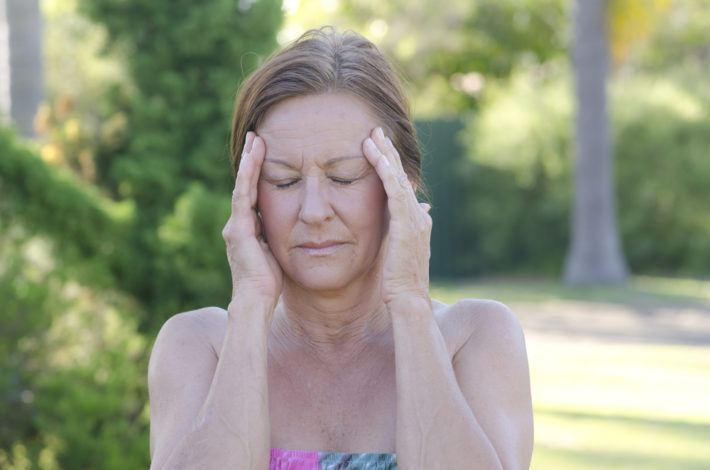
5
Nov
no Comments
Menopause is stressful; hormonal changes, sleep changes, mood swings, and more. Throw in the economic issues we’re now facing, 100,000 new cases per day of a pandemic, and all the social and political tensions people are facing in this country right now, and everywhere you turn there is stress.
You don’t have to be a doctor to know that chronic stress is not good for your health. Over the long run it can increase your blood pressure, lower your immune system, lead to heart disease, headaches, gastric reflux, and may even make you more susceptible to cancer. Chronic stress is also not good for memory, work performance or relationships Let’s face it, chronic stress stinks.
Here are Seven Ways to Lower Stress:
- Get Your Menopause Symptoms Treated: I talk with so many menopausal women at MenopauseCoaching.com who have waited to get help with their menopause symptoms or don’t know how to talk with their doctor about what things they can do to improve symptoms that contribute to stress. Feeling like a hot mess, lower libido, poor sleep, mood swings. Treating the symptoms will not only lower your stress; it will improve your quality of life and feeling of well-being. Don’t wait and don’t suffer in silence.
- Socialize: Barbra Streisand sang, “People who need people are the luckiest people in the world.” She was right. You don’t need a large number. But having a posse of one or two friends makes all the difference in the world. In this time of social isolation, reach out via phone, Zoom, or socially distant outdoor activities. Everybody needs somebody; and there is somebody for everybody.
- Exercise: Ask one of your friends to join you for a walk or a bike ride, or get a yoga or exercise video and exercise together. Exercise is a cornerstone of good physical health and good mental health.
- Sleep: There is so much data on sleep and physical and mental health. Too little sleep can increase your blood pressure, lead to heart disease, increase your risk of diabetes, increase your appetite, and add to your stress. Treating your hot flashes will help you sleep better. So will exercising earlier in the day. Turn off the TV early and listen to some relaxing music, or take a warm bath before bedtime. As Shakespeare said, “Sleep knits the raveled sleeve of care.”
- Eat Well: Avoid processed foods, sugary drinks and sweets, and too much alcohol. More than a glass of wine daily will increase your weight and may increase the risk of breast cancer. Alcohol in the evening can also cause you to get up more to pee. Eat earlier in the day before bedtime, choose healthy snacks, and each day eat fruits, vegetables, nuts and yogurt.
- Meditate before you Medicate: Before you take medications for stress, try meditation. Even five minutes a day of meditation can take the edge off of a very stressful day. My explanation for this is that, “Life without a pause is a run-on sentence.” There are lots of free and inexpensive meditation apps now available.
- Pamper Yourself: “Take a break before you have one,” is what I tell the people I talk with at MenopauseCoaching.com. Enjoy a good book, listen to music, or get involved in a hobby. I recently joined Spotify. It selects songs similar to what I like and it’s easy listening. Take time every day to work at lowering your stress.

